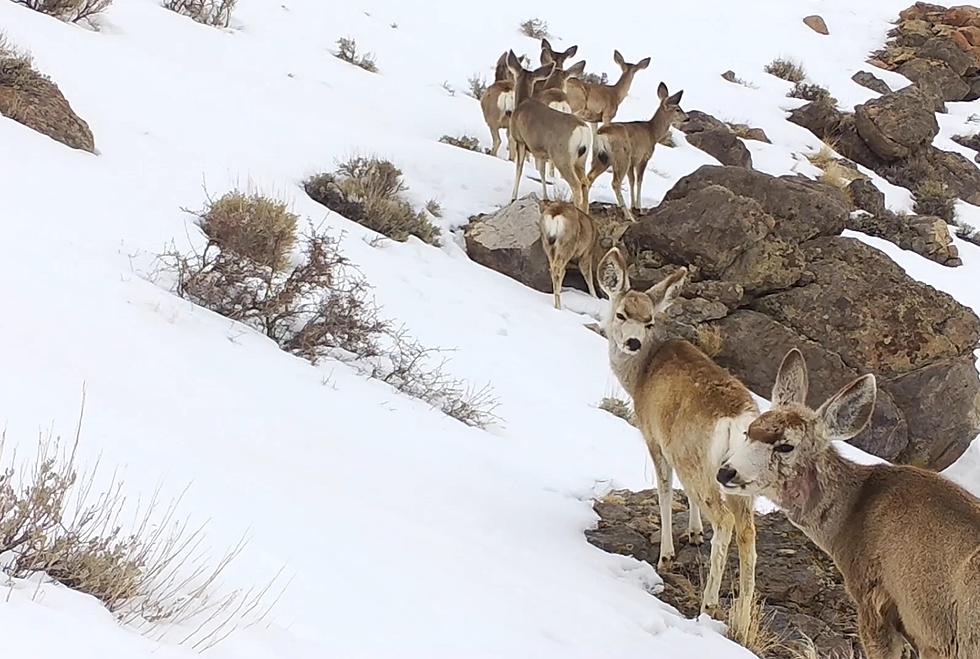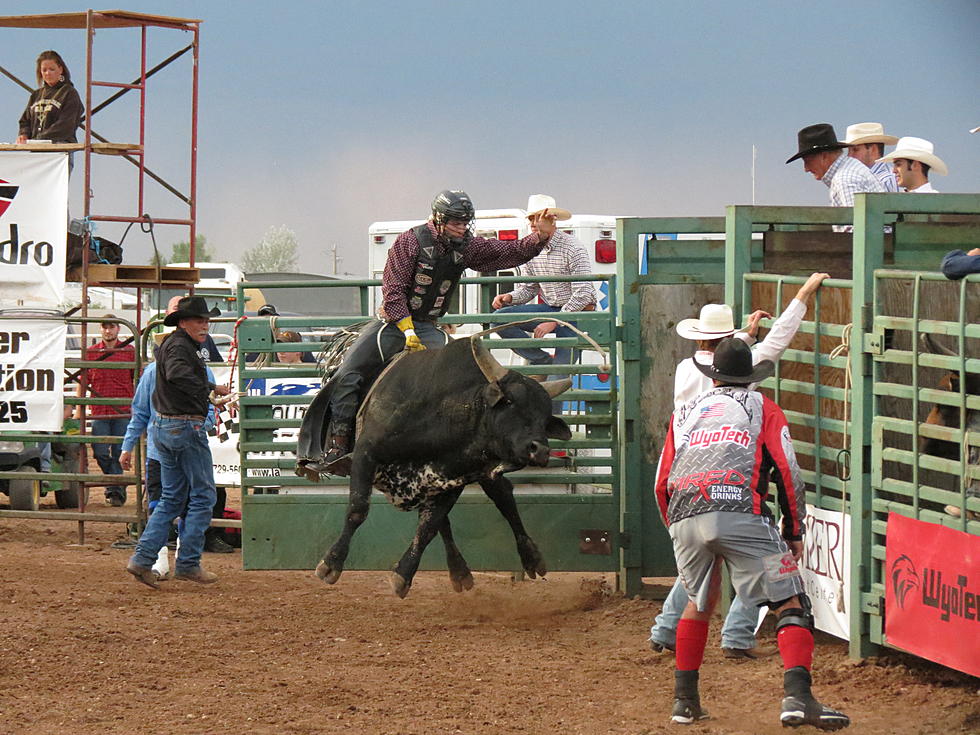
UW Study Looks Into Chronic Wasting Disease
A group of University of Wyoming researchers presents evidence that chronic wasting disease is driving evolution in mule deer.
Holly Ernest, a UW professor of wildlife genomics and disease ecology, was part of a research group that examined a single genetic mutation that is tied to the progression of chronic wasting disease in mule deer.

Ernest is the senior and corresponding author of a paper, titled “Spatio-temporal Analyses Reveal Infectious Disease-Driven Selection in a Free-Ranging Ungulate,” which was published today, August 11, in Royal Society Open Science.
The lead author of the paper is Melanie LaCava, a recent UW Ph.D. graduate in the Program in Ecology and Department of Veterinary Sciences. This study was part of LaCava’s dissertation research.
Chronic wasting disease is caused by infectious proteins that are spread among animals in the deer family. The abnormal structure and buildup of infectious proteins cause neurological disease that virtually always progresses to death in deer and their relatives, including elk.
The research was supported by the Wyoming Governor’s Big Game License Coalition, the Carlton R. Barkhurst Dissertation Fellowship, the UW Program in Ecology, the Riverbend Endowment in Wildlife-Livestock Health, and funding through the Wyoming Excellence Chair fund.
LOOK: 30 fascinating facts about sleep in the animal kingdom
More From Laramie Live









